#Ancient Greek fashion
Explore tagged Tumblr posts
Text

Epic!Odypen art ^^
Penelope and Odysseus <3 I looked at several previously done designs as well as some actual statues of them for inspiration and I adore Penelope’s veil and “crown” so i included it in this drawing :D



Here is said statue another image I found when researching the head piece and the original sketch ✨
#epic the ithaca saga#epic odysseus#epic penelope#odypen#epic the musical#digital art#original art#my art#greek mythology#Ancient Greek fashion#oh how I adore thee
29 notes
·
View notes
Text
new 2025 fashion prediction!
is february to late to be making fashion predictions for this year? maybe! but who cares! recently i have seen bangle bracelets trending- and i am in LOVE! from 70s/80s funky and chunky, 2020s simple gold and silver stacks, i think it’s time to bring the medieval revival to jewelry!



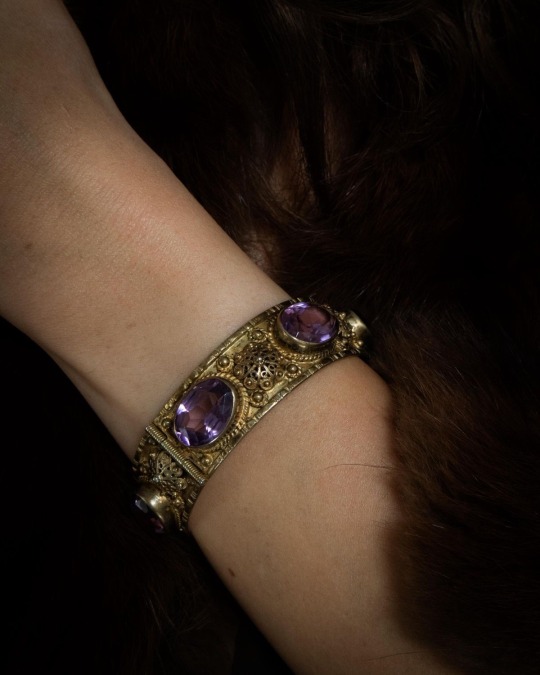

vintage, big, eclectic, bejeweled, unique pieces stacked high up on the arms with mixed metals and styles all mushed together to create a truly medieval royal look!
along with bangles i see arm cuffs being a huge thing this summer, but more “medieval” than boho like the a la the 2010s! i think Ancient Greece will also be a huge historical pulling point for fashion this coming spring/summer, i personally cannot wait to see how that translates!



i keep using the words “funky” and “eclectic” to describe this new medieval revival as i see so much inspiration being pulled from all over- different eras of history, fantasy, styles, etc but it’s all under the same “medieval” aesthetic! i see wood tones being a huge trend in accessories this year too!
#fashion#medieval aesthetic#medieval inspired#medieval fantasy#medieval revival#medieval fashion#medieval moodboard#fashion blog#fashion inspo#historical fashion#fashion blogger#fashion ideas#fantasy fashion#castlecore#fantasy aesthetic#fashion posting#fashion predictions#fashion moodboard#fashion aesthetic#fashion history#fashion styling#fashion trends#fashion lookbook#fashion opinions#fashion enthusiasts#medieval women#runway fashion#bunnysarchive#ancient greek fashion#fashion finds
18 notes
·
View notes
Text
Humanity really peaked with the chiton. Fashion has been all downhill since we moved away from drapey tube clothes
#local queer classicist posts#typed as I lounge in my linen doric chitoniskos#favorite piece of clothing 10/10#bring back fashion tubes#classics stuff#chiton#ionic chiton#doric chiton#ancient greece#ancient greek fashion#fashion#fashion history#tagamemnon
26 notes
·
View notes
Note
Hi!
I saw this amphora for the first time today when I was researching things about Helen of Sparta as a reference for drawing her. From what I saw, the woman is Helen and this art is dated 550 BC. I thought what she was wearing was really beautiful, so I looked up the name of this outfit so I could draw it better.
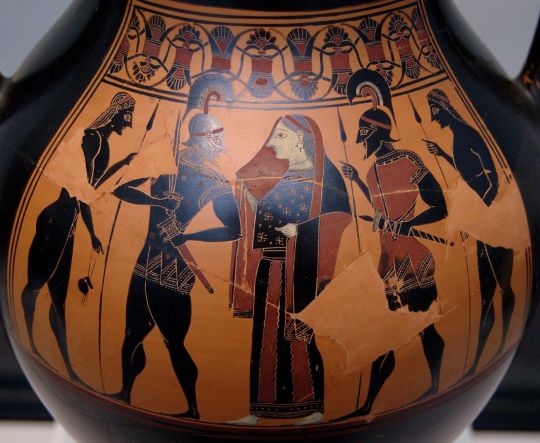
I got the impression that it's a peplos from the images I saw (in particular, these Kore statues are kind of similar because of the patterns: 1, 2, 3. And the shape reminds me of that) and because of the year of the amphora (I read that apparently peplos was popular around the same time), but I'm not sure. Also, is that veil that Helen wears a specific piece of clothing? The only similar thing I've seen referring to clothing in Greek visual arts is himation, but I also don't know if it's one because I haven't found a himation being used specifically in that way (the ones I saw seemed more involved around the body/head).
Do you (or anyone in the comments) know if it's a peplos? If it isn't a peplos, do you/anyone know what it is? And what is this veil, it's a himation?
Hi, I am pretty sure Helen’s outfit is indeed a peplos. You can also tell from how the fabric bulges on the torso.
As for the veil, yeah, I don’t think it’s a himation (it still might be though). It’s little known that occasionally Ancient Greek women did wear a veil, which was called καλύπτρα (kalyptra). A kalyptra was usually used by a matron, a dignified older married woman, likely an aristocrat, and in general the lady of the household. It was associated with propriety and the avoidance of unwanted advances.
Helen, as a married queen in the presence of several men as we see in this amphora, is totally eligible as a woman who would have a kalyptra on. It might also be the artist’s attempt to redeem Helen and in this way abdicate her of any responsibility when she was forced to leave Menelaus for Paris.
A kalyptra was a thing, though not as obligatory or paramount a garment as a veil was in Rome or in the Eastern cultures. The reason we probably don’t see it often in statuary is that Greek sculpture depicted mostly youth and the human body. Young unmarried girls wouldn’t wear such garments.
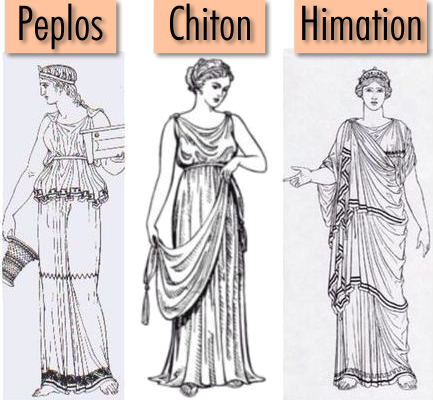
Here you can see the differences with himation. Himation was a thicker fabric, used for warmth. When cold, it could double as both a himation and a kalyptra. The thin fabric the woman with the chiton in the middle is holding could be a kalyptra.
Not an expert though, so if anyone else has more info about this, please share.
#Greece#Ancient Greece#Ancient Greek clothing#Ancient Greek fashion#Greek culture#peplos#helen of sparta#amphora#archaic period#ask#babyrdie
62 notes
·
View notes
Text
Overcome by the need to sew an ancient Greek Ionic chiton.... I know very little about ancient dress history but it's so fascinating and a chiton would be ideal for summer.....
#I do NOT need another project#someone discourage me#historical sewing#historical costuming#historical fashion#ancient greece#ancient greek fashion#ionic chiton
22 notes
·
View notes
Photo
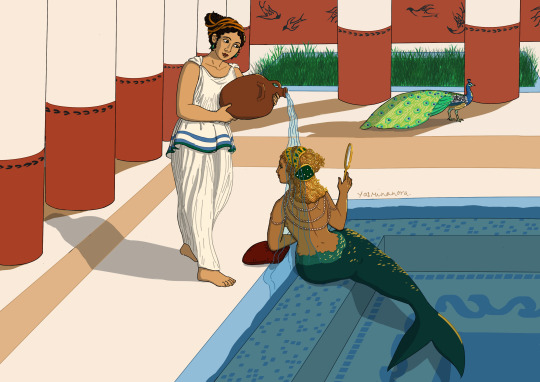
Ancient Greek Mermaid for #historicalmermaid on instagram
#mermay#mermaid#mermay 2023#mermay2023#mermaid drawing#illustration#digital drawing#ancient greece#ancient greek fashion#ancient greek#historical fashion#sirène#mermaids#Character Design#character designs#ancient greek art#digital illustration
92 notes
·
View notes
Text


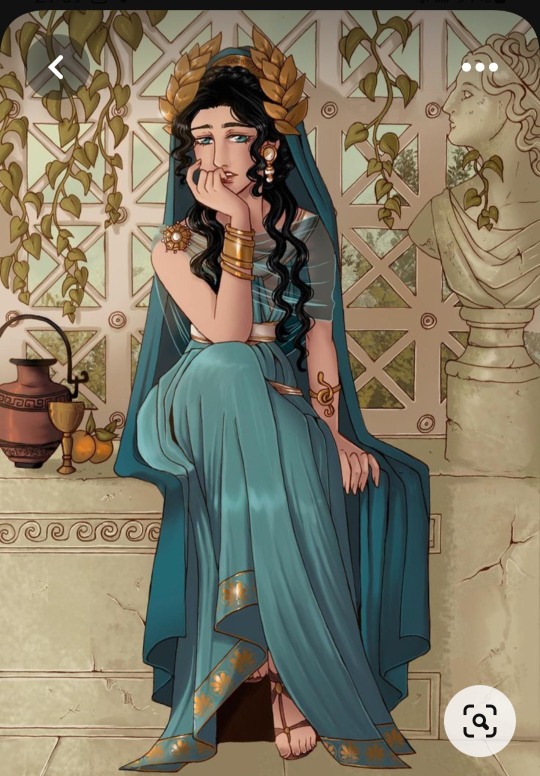
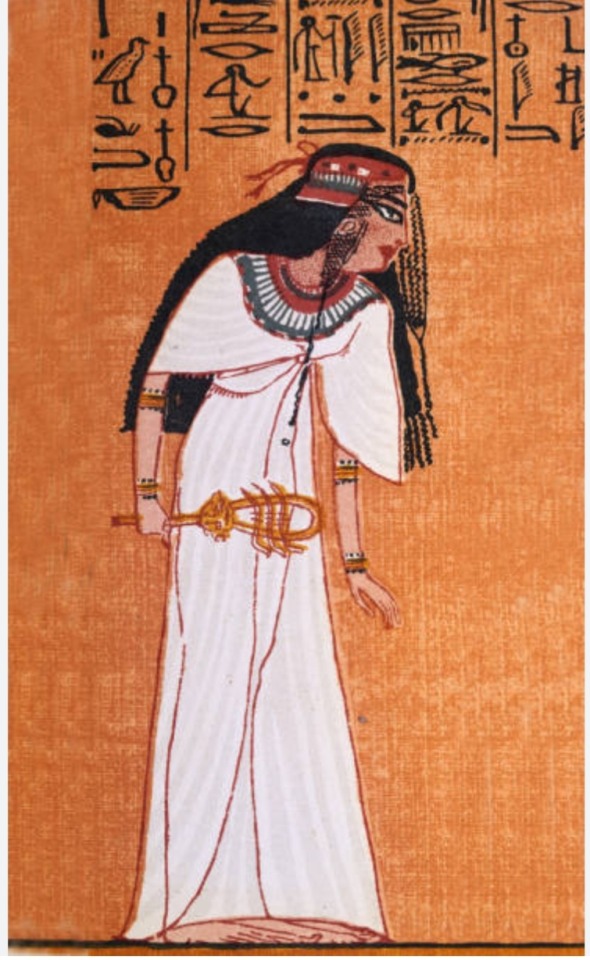
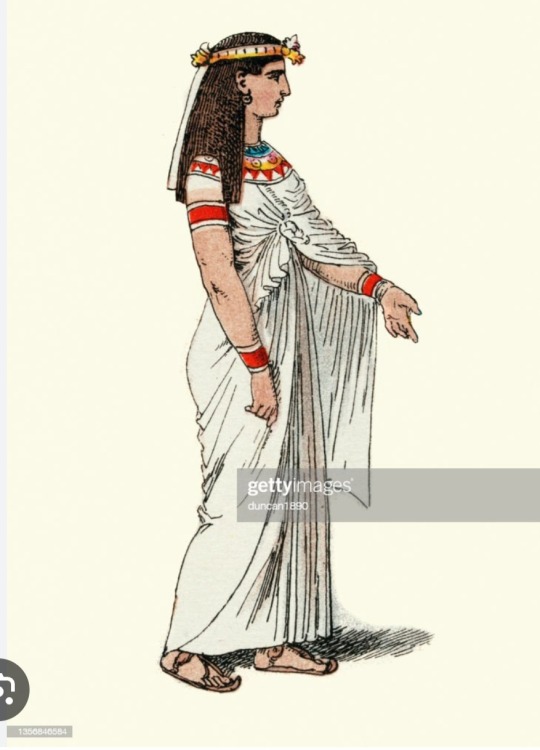
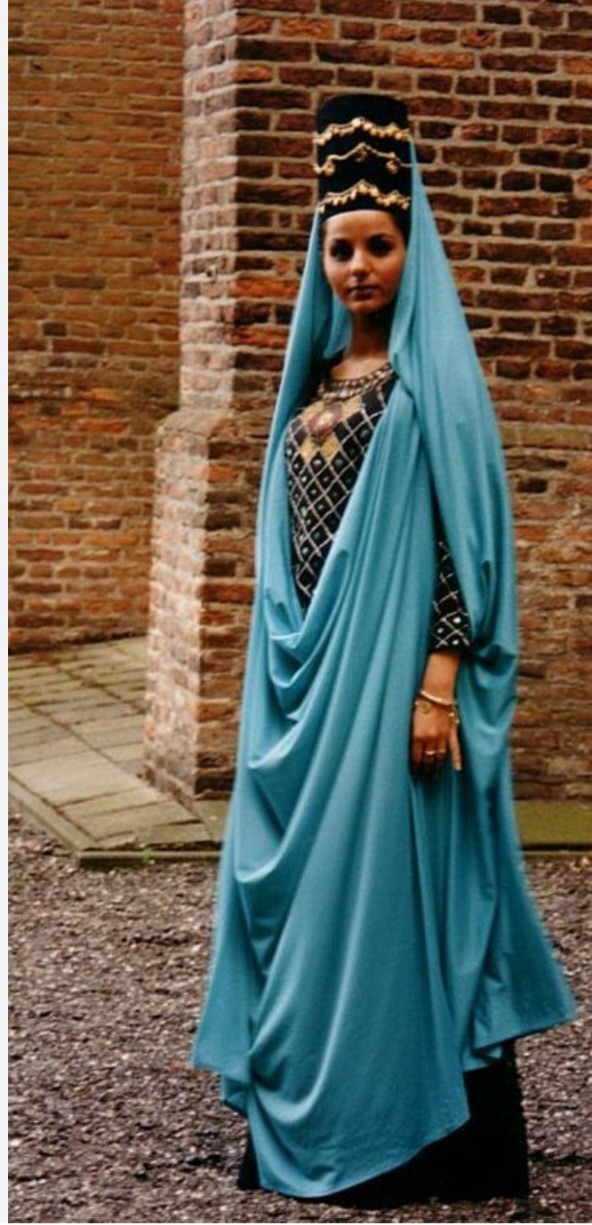
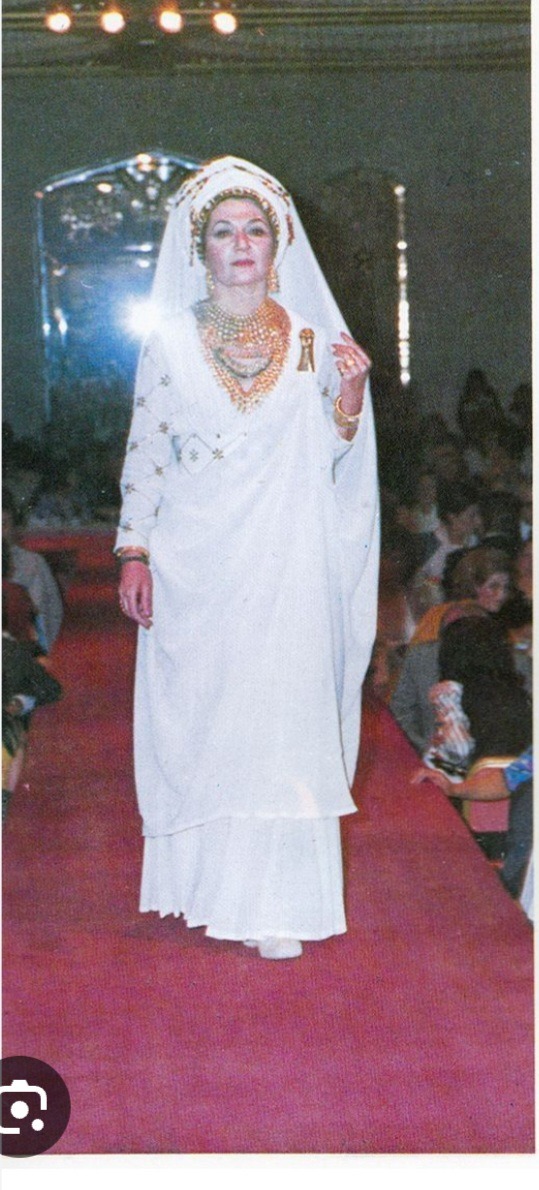
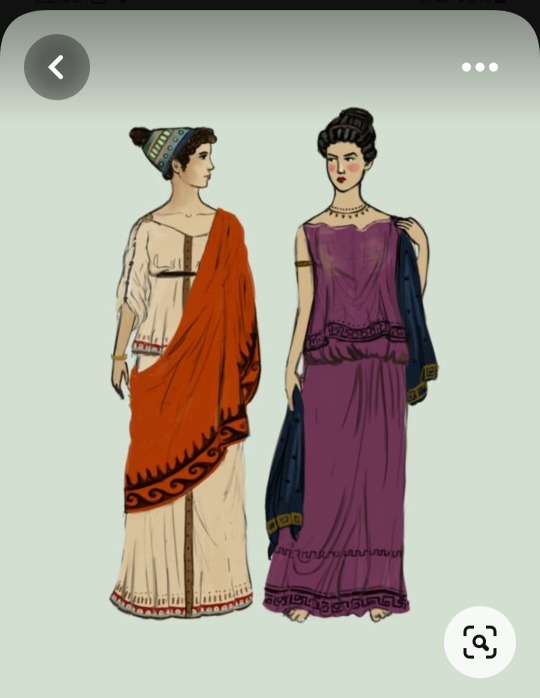
Some attires I can defo see Cleopatra VII wear 🤩🤩🤩🥺🥺🥺🥺
#ancient egyptian fashion#ancient roman fashion#ancient greek fashion#parthian empire fashion#FYI Cleopatra VII is GRECO EGYPTIAN#and she got iranic ancestry in her too btw#cleopatra vii
15 notes
·
View notes
Text
Cast your votes here
2 notes
·
View notes
Text
Underworld doodles.
I drew both of these today (about 15 min each?) without thinking. I just doodle whatever pops in my head. It's not till just now posting that I realize that Persephone and Charlie both live in the underworld. Persephone might actually be lovely friends with Charlie and help her if somehow the two of them were to meet, because why not.
Persephone from my Seeds (a retelling of H and P) books. I looked at a few pictures of Minoan/Mycenaean women and their clothing. I know this isn't 100 percent accurate but hey it's a 15 min doodle and personally I love the smug look on her face.
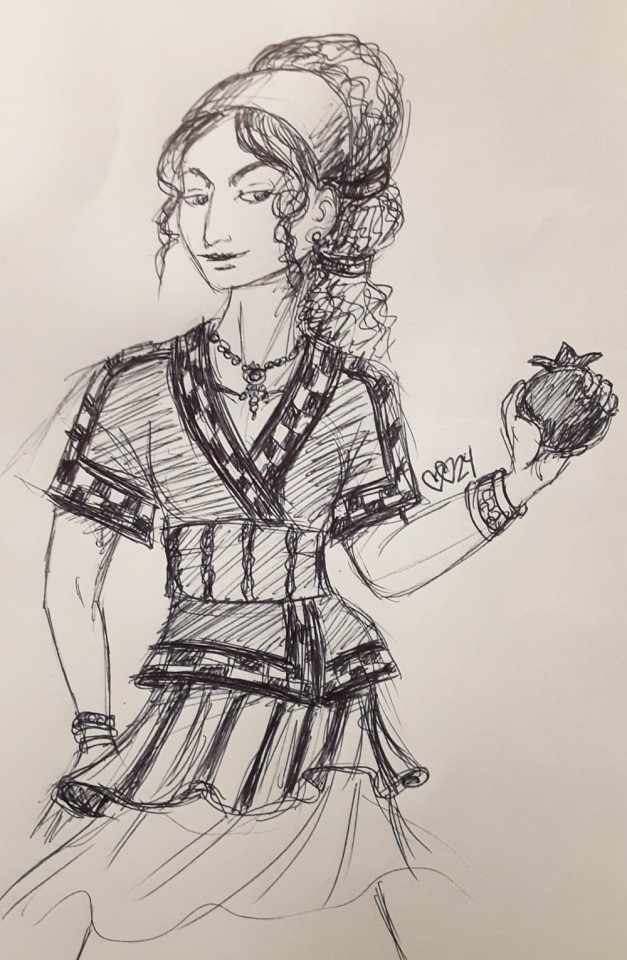
Charlie and Angel Dust. First time doodling these two... the anatomy of Hazbin Hotel really throws me off sometimes ;_;

#strawberrycatbeans#fanart#persephone#charlie morningstar#angel dust#angel dust hazbin hotel#hazbin hotel#hades and persephone#mycenaean fashion#minoan fashion#ancient greek fashion#greek mythology#persephone and the pomegranate
6 notes
·
View notes
Text
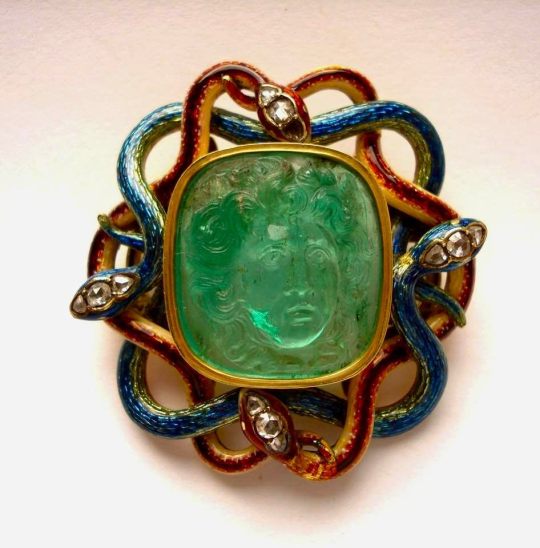
A bracelet clasp with a Medusa on an emerald cameo. Gold is treated with diamond and enamel. 18th century. Made in England.
#medusa#snakes#clasp#enamel jewelry#enamel#gold#green#emerald#cameo#antique jewelry#vintage jewelry#antiquities#ancient jewelry#greek mythology#jewelry#toya's tales#style#toyastales#toyas tales#fashion#art#clothing#summer#september#accessories#fashion accessories#fashion photography#fashion inspiration#fashion history#art history
17K notes
·
View notes
Text




Snake Headpieces, by Harumi Klossowska de Rola, for Valentino Couture Show | Spring 2016.
#valentino#art#jewelry#snake#medusa#fine art#fashion#fashion show#haute couture#ancient history#ancient rome#artwork#artists on tumblr#luxury#artist#beautiful#artefact#gold#greek gods#couture#goddess#mythology#princesscore#painting#ancient civilizations#aesthetic#girlblogging#just girly things#art history#this is a girlblog
2K notes
·
View notes
Text
Ancient Necklace with Mosaic Glass Beads, from the Eastern Mediterranean, c.100 BCE-100 CE: this necklace is composed of 30 glass beads, most of which are decorated with stylized faces

From the John Paul Getty Museum:
The beads are made of multi-colored opaque glass and are decorated with heads and floral designs. The necklace is in good condition; some beads are chipped or cracked.

The exact origin of this piece is unknown, but it can be traced back to the Eastern Mediterranean, where it was likely made by a Greek or Roman artist.
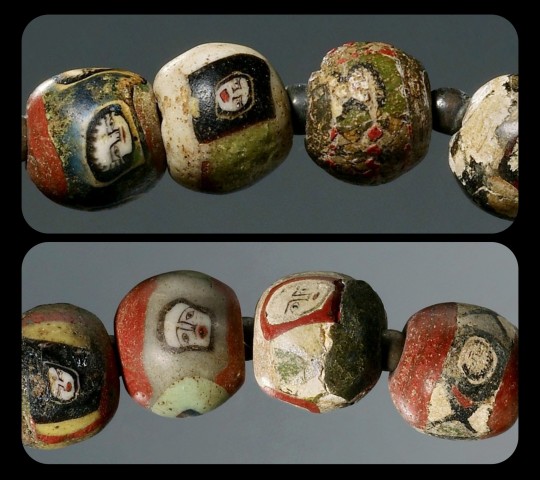
Each bead has a width of about 1.2cm (roughly half an inch); they're decorated with remarkably intricate details, and each face is depicted in its own unique style.

Sources & More Info:
John Paul Getty Museum: Necklace with Mosaic Glass Beads
#archaeology#artifact#history#ancient history#art#greek#roman#ancient art#antiquity#jewelry#beading#glass art#mosaic#crafting#greek art#roman art#eastern mediterranean#ancient#necklace#fashion#style#classical archaeology
2K notes
·
View notes
Text
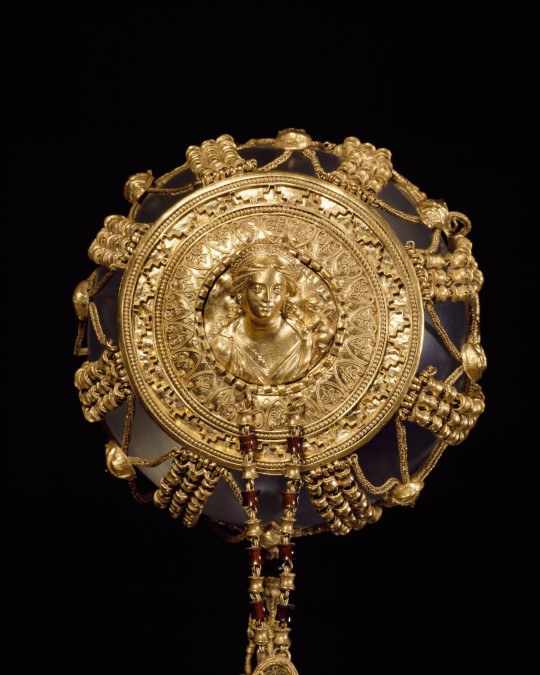
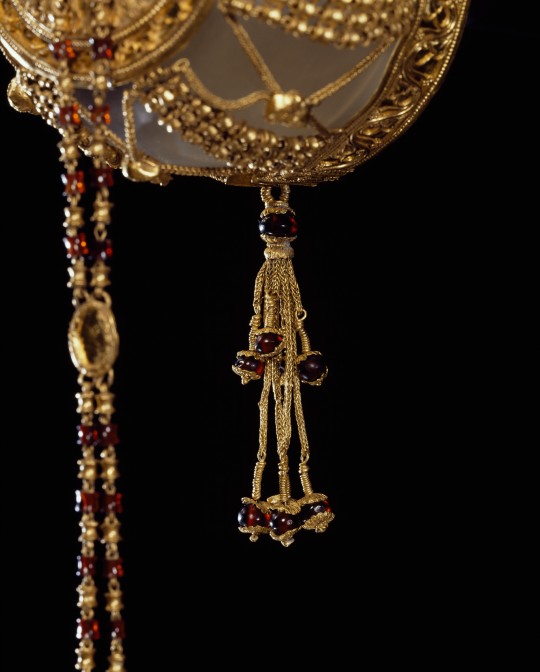
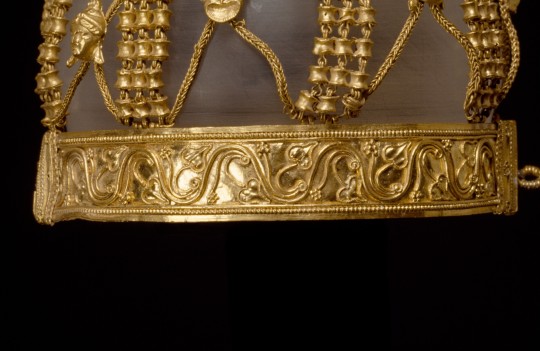
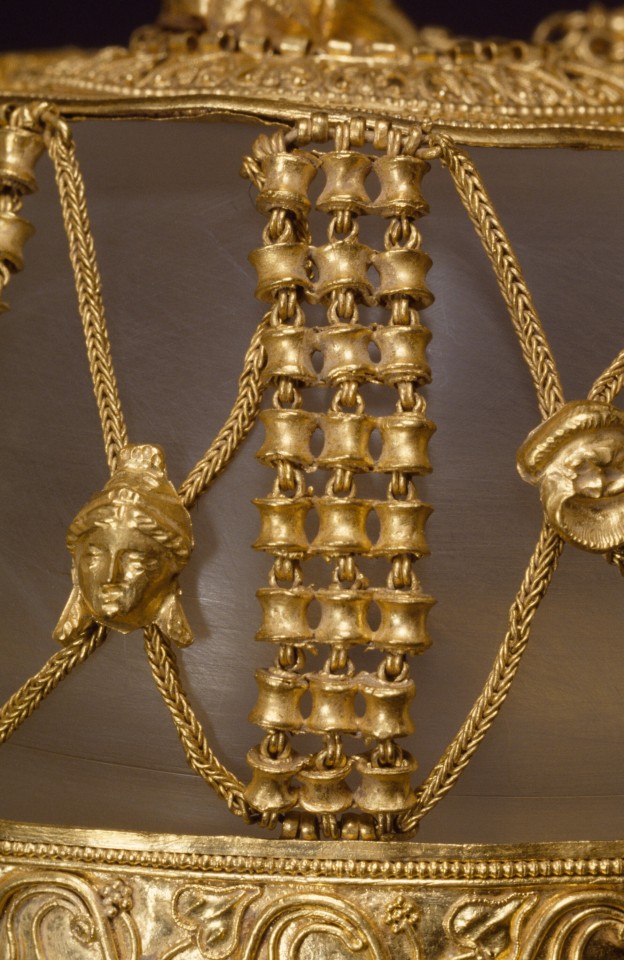
Gold hairnet, Ptolemaic, 225-175 BCE
From the Getty Villa Museum
#hairnet#gold#fashion#fashion history#accessory#history#225 bce#200s bce#175 bce#100s bce#bce#ancient#ptolemaic#ancient greek#ancient egyptian#greek#egyptian#ancient greece#ancient egypt
973 notes
·
View notes
Note
Hello.
I come from @alatismeni-theitsa 's blog from a question.
Is it true that you have an ancient greece clothing masterpost?
Because I wanted to make a design for a character based on the clothing from any of these eras.
But since in this case I realized that I wanted to take a couple of creative liberties (is almost like ancient greece meets steampunk lol) I wanted to have a proper idea of what to do before I even attempt to wing it and end up with a cringeworthy and even insulting piece.
Soooo... Do you think you could help me?
Hi! Actually I do not have an Ancient Greek clothing masterpost. I have an extensive post (wouldn't call it a masterpost though) about Byzantine Greek clothing, maybe that's what @alatismeni-theitsa remembered. Linking it here for good measure.
As for ancient clothing, I have sporadically answered a couple relevant asks.
Ancient clothing for winter
Large post mostly about the hem length of women's attires (but it's both for modern and ancient)
General ancient Greek beauty standards
A bit more about the attires of the Archaic and Classical period plus about the little known kalyptra veil
That's all I've got.
As for what could make it an insulting piece: Given that you are going for an entirely fantastical concept, steampunk meets Ancient Greece, I don't think it can be insulting as there is nothing dubious about combining two eras that are 2000 years apart (industrial revolution and ancient Greece), it's pure straightforward fantasy, nothing shady, I assume everyone will be able to figure this out. But maybe just combine Grecian fashion elements only with the goggles and the machinery and whatnot, as opposed to combining, say, Victorian corsets and laces and boots with Greek chitons, because then there would be questions as to why Greek historical fashion appears anglicized or vice versa. I guess. It could still work but it would need a solid backstory for the character and to what led them to this unlikely mix. As for potentially mixing different Greek era clothes (intentionally or accidentally), honestly I don't see an issue with this because I mean one garment is Greek and the other is also Greek, like, I don't see a problem there. It would be anachronistic but, well, it's fantasy, of course it's anachronistic. That's my reasoning, I don't guarantee everyone thinks like me but I don't think there would be anything controversial in your art. The fact alone that you are asking what to not do shows that you don't intend to do something offensive. Just don't bend or appropriate the ethnicity, that's all.
32 notes
·
View notes
Text

Medieval Hair Style
#medieval#hair inspo#hair styles#ancient history#ancient greece#ancient rome#ancient greek mythology#ancient fashion#fashion#moodboard#braids#jewellery#medieval fashion#aesthetic#just girly things#medieval history#womensfashion#timeless#ancient egypt
809 notes
·
View notes
Text

Greek Miku?
Plus base color version so I can draw her later:

#hatsune miku#vocaloid#artists on tumblr#I didnt WANT to be a cop out and use ancient greek clothing so I tried to make it more fashionable???#I haven’t seen anyone do this yet but they could’ve and I just missed it#anyways she likes tiropita better than spanakopita and she wonders if that makes her a bad person (it does) /j
226 notes
·
View notes